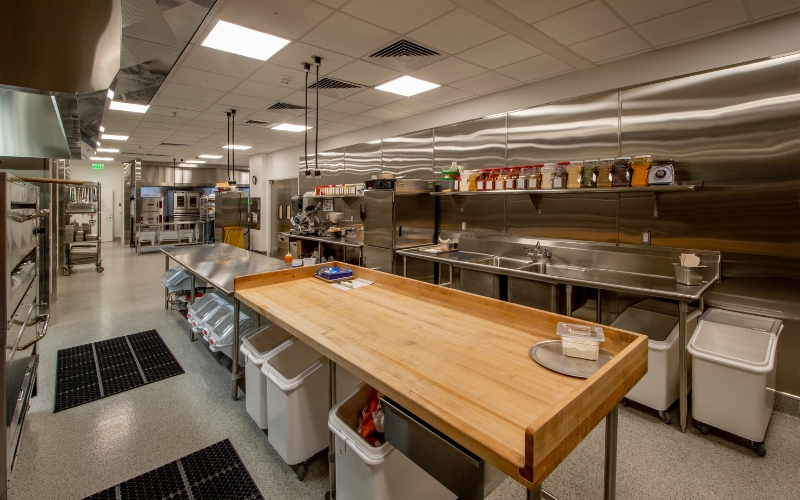The hospitality industry thrives on one essential principle: making guests feel comfortable, safe, and cared for. While luxury amenities and attentive service play a crucial role, there’s another factor that profoundly shapes a guest’s experience—cleanliness. However, cleanliness is not just about what can be seen; it’s about what can be perceived. The psychology of clean reveals how subtle cues influence how guests judge a space and their overall satisfaction with a stay.
The First Impression is Everything; Why Clean Matters in Hospitality
A guest’s perception of cleanliness begins the moment they step into a hotel. From the gleaming lobby floors to the smell of fresh linens in the guest rooms, these first impressions are powerful. Guests may not consciously analyze every element, but their subconscious takes note of anything that seems out of place.
Research shows that people form initial judgments about cleanliness in less than a second. Smudges on mirrors, lingering odors, or even poorly maintained furniture can trigger doubts about overall hygiene. These doubts can overshadow positive experiences, making it critical for hotels to prioritize every visible and invisible detail.
The Hidden Influences on Perceived Cleanliness
Interestingly, a guest’s perception of cleanliness doesn’t always align with reality. For example, a sparkling lobby with polished surfaces might feel clean, even if deeper issues like air quality or microbial contamination exist. Conversely, a faint, unpleasant smell in a pristine room could create the impression of poor hygiene.
This highlights the importance of addressing not just visible dirt but also hidden factors like odors and allergens. Invisible issues, while hard to notice, can subtly influence how guests feel in the space. For hotels, maintaining an environment that “feels clean” requires a multi-sensory approach.
The Role of Scent in the Perception of Clean
Scent is one of the most powerful triggers of perception. A room with a neutral or fresh scent often feels cleaner to guests, even if they cannot see the difference. On the other hand, unpleasant odors—whether from cleaning chemicals, mildew, or other sources—can leave a lasting negative impression.
Hotels can leverage scent to their advantage by ensuring spaces smell fresh and inviting and can give off the impression of clean in the hospitality industry. This means addressing the root causes of unpleasant odors rather than masking them. Solutions like odor-neutralizing technologies or Dry Hydrogen Peroxide (DHP®) can play a critical role in eliminating the sources of smells, leaving behind a natural freshness.
The Psychological Impact of “Invisible Clean”
While visible cleanliness is essential, the concept of “invisible clean” is equally important. Guests want to feel safe from hidden threats like bacteria, viruses, and allergens. Even if they never see cleaning equipment or staff, they expect spaces to be hygienic and well-maintained.
Communicating these invisible efforts can reassure guests and enhance their overall impression. For example, hotels that highlight their use of innovative cleaning technologies or mention their commitment to health-conscious practices often gain trust. A simple note on a bedside table or mention in a booking confirmation can make a big difference.
How Perception of Clean in Hospitality Affects Guest Loyalty
Cleanliness in hospitality isn’t just about avoiding complaints—it’s a key driver of guest satisfaction and loyalty. Travelers are more likely to return to a hotel that made them feel safe and comfortable. In contrast, a single perceived cleanliness issue can deter them from ever booking again.
Hotels that prioritize both visible and invisible cleanliness set themselves apart in a competitive market. By understanding the psychology behind guest perceptions, they can create environments that consistently exceed expectations.
Cleanliness in hospitality is more than just spotless surfaces and tidy rooms. It’s about creating an experience that feels safe, inviting, and meticulously cared for. By addressing both visible and invisible aspects of cleanliness, hotels can shape positive perceptions and foster trust with their guests.
In today’s world, where wellness and hygiene are top priorities, understanding the psychology of clean is no longer optional. It’s a vital component of delivering exceptional hospitality that leaves a lasting impression.
To speak with an IAQ expert from Synexis, fill out this form and we’ll be in touch as soon as possible.
And to learn more about Synexis, click here.










